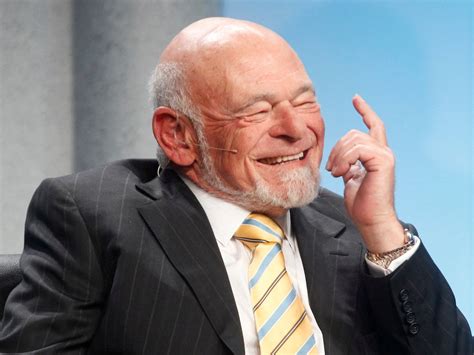A Quote by Robert Rubin
A strong currency means that American consumers and businesses can buy imported goods and services more cheaply and that inflation and interest rates will be lower, ... It also puts pressure on American industry to increase productivity and competitiveness. These benefits can feed on themselves as foreign capital flows in more readily because of greater confidence in our currency. A weak dollar would have the contrary effects.
Quote Topics
Also
American
Because
Benefits
Businesses
Buy
Capital
Competitiveness
Confidence
Consumers
Contrary
Currency
Dollar
Effects
Feed
Flows
Foreign
Goods
Goods And Services
Greater
Increase
Industry
Inflation
Interest
Interest Rate
Interest Rates
Lower
Means
More
Our
Pressure
Productivity
Puts
Rates
Readily
Services
Strong
Themselves
Weak
Will
Would
Related Quotes
We have seen numerous instances in which American businesses have brought in foreign skilled workers after having laid off skilled American workers, simply because they can get the foreign workers more cheaply. It has become a major means of circumventing the costs of paying skilled American workers or the costs of training them.
My single biggest financial concern is the loss of the dollar as the reserve currency. I can't imagine anything more disastrous to our country. . .you're already seeing things in the markets that are suggesting that confidence in the dollar is waning. . .I think you could see a 25% reduction in the standard of living in this country if the U.S. dollar was no longer the world's reserve currency. That's how valuable it is.
It is very difficult to enter a single currency zone having fairly weak economic parameters and maintain a favourable state of the economy, not to mention positive growth rates. We have witnessed it not only in Europe, but for example in Argentina (nearly 10 years ago or more), when they tied the national currency to the dollar and later they did not know what to do about it.
I've never been able to get it straight about what these people who are worried about the trade deficit are worried about. When they say that we're buying too much from overseas, that we're sending too many dollars overseas to get all these goods and services they got, they're saying that the American dollar is too strong and that is hurting our economy. And the result of this will be that the American dollar will get too weak, and that will hurt our economy.
I think something like three-quarters of American currency is held abroad, by drug dealers, by tax evaders, Russians and Chinese. Other people think that they want to protect themselves against their own currency going down. When you have 75% of the currency and even more of the high-denomination $100 bills held abroad, you wonder whether these are people we really want to pay. If you get rid of the $100 bills, its foreign holders will be the main losers.
Supporters of this fundamental change in immigration policy say we need to import more well-educated talent if we're to stay competitive. But exactly whose competitiveness are we talking about? Not the competitiveness of, say, American-born computer engineers. Adjusted for inflation, their earnings haven't gone anywhere in years. That's in part because American companies have been sending so much of their high-tech work abroad. Bringing more foreign-born engineers here under an expanded H1-B visa program, or a point system for that matter, will just depress wages even further.
We believe that our truly urgent need is to make our nation secure, our economy strong and our dollar sound. For every American this matter of the sound dollar is crucial. Without a sound dollar, every American family would face a renewal of inflation, an ever-increasing cost of living, the withering away of savings and life insurance policies.































